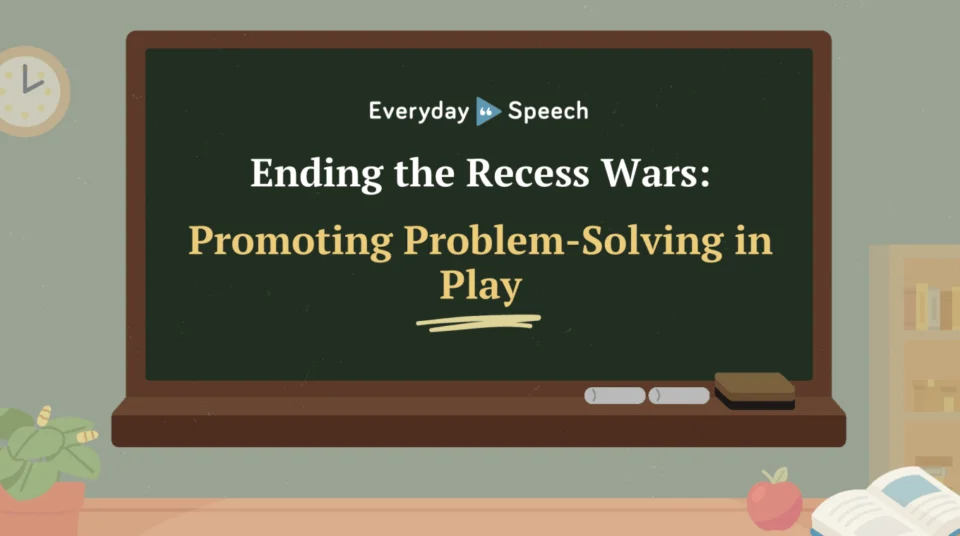Solve It: A Game to Teach Problem-Solving Skills to High School Students
Get free social skills materials
No-prep lessons on self-regulation, emotional recognition, conversation skills, and more.
Sign up hereIntroduction
Problem-solving is an essential life skill that helps students navigate the challenges they face every day. By incorporating principles of social-emotional learning, educators can effectively teach students how to approach and solve problems step by step. Welcome to Solve It, a game designed to help high school students build their problem-solving abilities. In this blog post, we will explore an engaging no-prep activity, stimulate discussions, and provide related skills and resources for further learning.
No-Prep Activity
This no-prep activity, called “What’s the Solution?”, requires no materials or preparation from the educator. Divide students into small groups and present them with a hypothetical problem. For example, a student loses their homework assignment the day it’s due. The group’s task is to discuss and apply the following steps to solve the problem:
- Identify the problem
- Figure out how big the problem is
- Think of possible solutions to the problem
- Pick a solution
- Try that solution and then reassess it
- Evaluate the outcome
Encourage students to openly discuss their feelings throughout the process. After each group has reached a solution, bring everyone back together and have a representative from each group share their problem-solving process and outcome.
Discussion Questions
- How did your group determine the size of the problem? Did everyone agree on its severity?
- What factors influenced your group’s choice of solution? Were there any disagreements?
- How did your group handle any differing opinions or emotions during the process?
- Do you think the chosen solution would work in real life? Why or why not?
- How can you apply the problem-solving steps learned in this activity to your daily life?
Related Skills
In addition to problem-solving, students can benefit from developing other related social-emotional skills, such as:
- Empathy: Understanding and sharing the feelings of others
- Active listening: Paying close attention to what others are saying and responding thoughtfully
- Conflict resolution: Addressing and resolving disagreements in a constructive manner
- Decision-making: Weighing options and making informed choices
- Adaptability: Adjusting to new situations and overcoming obstacles
Next Steps
Now that you’re familiar with the Solve It game and its potential to enhance your students’ problem-solving skills, we encourage you to explore more activities and resources. Sign up for free samples of the discussed skill and others at Everyday Speech. By incorporating these materials into your curriculum, you can create an engaging and supportive learning environment that promotes social-emotional growth for your high school students.

